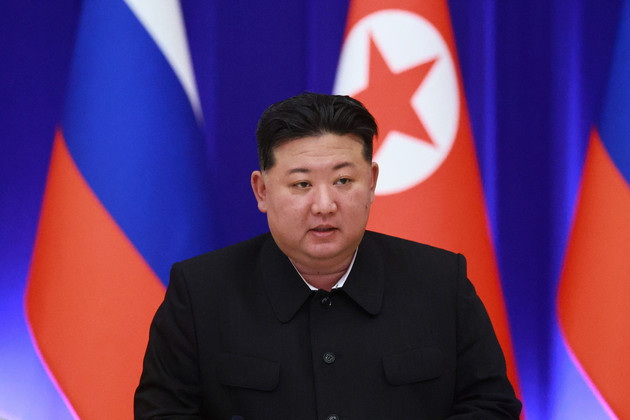
North Korea has announced that its newly opened seaside resort will not be receiving foreign tourists.
The Wonsan Kalma Coastal Tourist Zone, opened on 1 July, has been touted as a key part of North Korean leader Kim Jong Un’s ambitions to boost tourism.
In the lead-up to its opening, the resort was promoted as an attraction for both locals and foreigners. But as of this week, a notice on North Korea’s tourism website says that foreigners are “temporarily” not allowed to visit.
Last week, the first Russian tourists reportedly arrived at the resort in Wonsan – around the same time that Russian foreign minister Sergei Lavrov met Kim in the city.
Lavrov hailed the seaside development as a “good tourist attraction”, and said he hoped it would become popular among Russians, AFP reported. The two countries are set to launch direct flights between Moscow and Pyongyang by the end of the month.
A Russian tour guide previously told NK News that they had planned several more trips to the resort in the coming months.
Wonsan, a city along North Korea’s east coast, is home to some of the country’s missile facilities and a large maritime complex. It’s also where Kim spent much of his youth, among holiday villas belonging to the country’s elites.
The new seaside resort has lined 4km (2.5 miles) of its beachfront with hotels, restaurants, shopping malls and a water park. It has a capacity of some 20,000 people, according to state media.
However, since the resort began construction in 2018, human rights groups have protested the alleged mistreatment of its workers. They point to reports of people being forced to work long hours to finish the massive project, under harsh conditions and inadequate compensation.
Russian ambassadors attended the resort’s completion ceremony on 24 June, along with Kim and his family.
Last year, North Korea allowed Russian tourists to visit North Korea after a years-long suspension of tourism during the pandemic.
In February, North Korea also started to receive tourists from the West, including Australia, France, Germany and the UK. It abruptly halted tourism weeks later, however, without saying why. (BBC)
